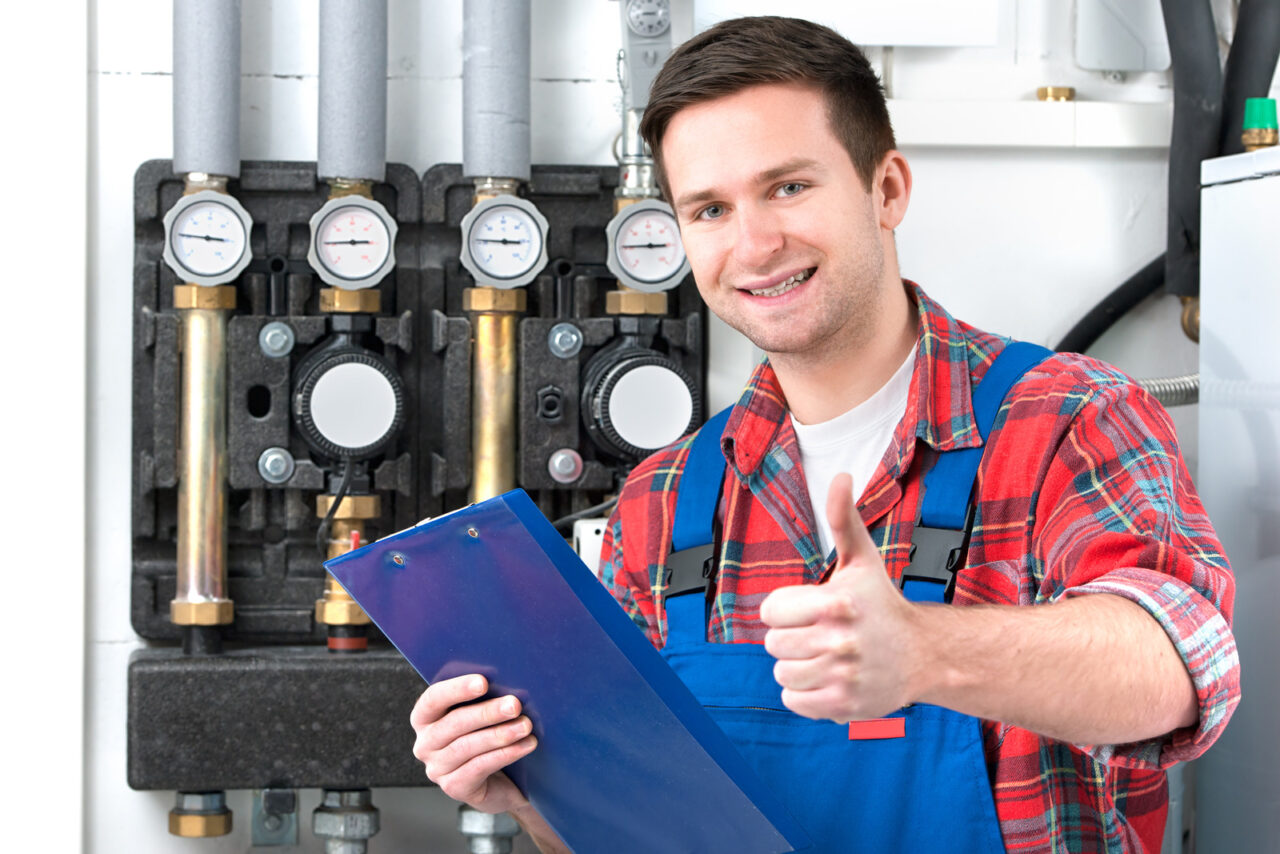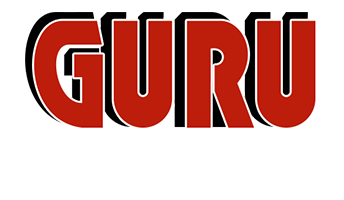As a business owner or facility manager in Surrey, ensuring that your commercial boiler operates efficiently is key to maintaining a comfortable environment and avoiding costly repairs. Boilers play a crucial role in heating your building, providing hot water, and supporting various other systems. However, like any complex piece of equipment, they can experience issues from time to time. Here’s a look at some common commercial boiler repair problems and how to address them.
1. No Hot Water or Heat
One of the most common issues with commercial boilers is when they fail to produce hot water or heat. This can be caused by a variety of factors, including:
- Thermostat Issues: If the thermostat is malfunctioning, the boiler might not know when to turn on. To fix this, check the settings on the thermostat to ensure it’s correctly calibrated. If the issue persists, it may need to be replaced.
- Pilot Light or Ignition Failure: If the pilot light has gone out or the ignition system is faulty, your boiler won’t produce heat. In most cases, you can relight the pilot light by following the manufacturer’s instructions. If this doesn’t work, it could be a sign that the thermocouple (the sensor that controls the gas valve) needs replacement.
- Gas Supply Problems: Make sure your gas supply is running correctly. A blocked gas line or an issue with the gas valve could be the culprit. If you’re unable to identify the cause, it’s best to consult a professional technician.
2. Low Boiler Pressure
Low pressure is a common cause of boiler failure. It often happens when there is air trapped in the system or a leak in the pipes. To fix low pressure:
- Check the Pressure Gauge: The ideal pressure for most commercial boilers is between 1 and 1.5 bar. If it’s lower than this, you can top it up using the filling loop until it reaches the recommended level.
- Check for Leaks: If the boiler pressure drops quickly after being topped up, a leak could be the cause. Check for visible leaks around pipes, radiators, or valves. If you find a leak, it’s time to call in a professional.
3. Strange Noises (Kettling)
Kettling is a term used to describe the noise a boiler makes when there is a build-up of limescale or sludge in the heat exchanger. This can lead to poor heating efficiency and damage to the boiler over time.
- Limescale Buildup: If your area has hard water, it may cause limescale deposits in your boiler. A descaling solution can be applied to remove the buildup. In severe cases, the heat exchanger may need to be replaced.
- Sludge in the System: Sludge and debris can accumulate over time, particularly if your system isn’t regularly flushed. To solve this, consider having your system flushed to remove the debris.
4. Boiler Overheating
Overheating can happen when the thermostat is set too high or the boiler is working harder than usual. This can cause the system to shut down automatically as a safety measure. To fix overheating:
- Check the Thermostat Setting: Lower the thermostat to the recommended temperature setting (around 20°C or 68°F for most commercial spaces).
- Examine the Pump: A malfunctioning pump can prevent the system from circulating hot water properly, leading to overheating. If the pump is faulty, it may need to be replaced.
5. Frost Protection Mode
If your boiler is located in an area prone to freezing temperatures, it may have a frost protection mode to prevent it from freezing during the winter months. However, if the boiler is in frost protection mode too often, it could indicate an issue with the heating elements or sensors.
- Check the External Temperature: If the temperature is regularly below freezing, make sure the boiler’s external components are properly insulated to avoid damage.
- Sensor Issues: If the frost protection mode is triggered unnecessarily, the temperature sensor may be faulty. This may require a professional inspection and sensor replacement.
6. Leaks in the Boiler
Leaks are another common issue with commercial boilers, often occurring around the valve or pressure relief valve. Leaks can reduce the boiler’s efficiency and lead to water damage if not addressed promptly.
- Tighten Connections: If you notice a small leak, it might be possible to tighten the valve or connection causing it. However, if the leak persists, the valve or other components may need to be replaced.
- Inspect Seals and Gaskets: Over time, seals and gaskets can wear out, causing leaks. If this is the case, they will need to be replaced by a professional.
7. Faulty Safety Valve
A faulty safety valve can lead to the release of pressure, preventing the boiler from functioning properly. This is a safety feature that ensures the boiler doesn’t over-pressurize. Keep your system running smoothly and efficiently with professional HVAC contractor Surrey. If your safety valve is malfunctioning:
- Check for Blockages: The valve may be clogged, preventing it from releasing pressure. Clean it carefully.
- Replace the Valve: If cleaning doesn’t fix the issue, you may need to replace the faulty safety valve.
Commercial boilers play a vital role in maintaining a comfortable, functional environment for your business. Regular maintenance is essential to ensure they continue to operate smoothly. However, even with the best care, issues can still arise. By addressing common problems like low pressure, overheating, and limescale buildup promptly, you can avoid larger, boiler repairs in Surrey down the line.
If you’re facing any commercial boiler problems in Surrey, don’t hesitate to contact Guru Plumbing, Heating & Air Conditioning in Surrey for expert advice and prompt service. We are here to keep your heating system in top shape!


